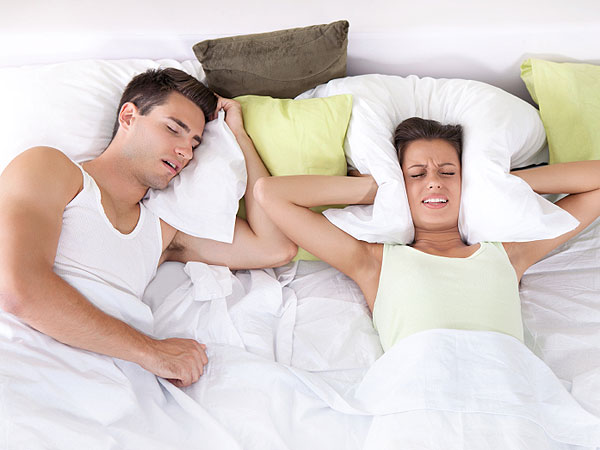Li W, Xiao L, Hu J.
Respir Care. 2013 Jan 3
A systematic review and meta-analysis was performed to compare the outcomes of oral appliances (OA) with those of continuous positive airway pressure (CPAP) in treatment of patients with obstructive sleep apnea (OSA). Relevant studies were retrieved from the following electronic databases up to and including September of 2012: MEDLINE, PubMed, EMBASE, and Central Register of Controlled Trials. The main variables were epworth sleepiness scale (ESS), health-related quality of life, cognitive performance, blood pressure, apnea and hypopnea index (AHI), arousal Index (AI), minimum saturation (Min SaO2), rapid eye movement sleep, % (REM%), treatment usage, side effects, treatment preference and withdrawals.
Fourteen trials were finally included in this review. The investigators results demonstrated that the effects on ESS, health-related quality of life, cognitive performance, and blood pressure of OA and CPAP were similar. Besides, pooled estimates of cross-over trials suggested a significant difference in favor of CPAP regarding AHI, AI, and Min SaO2, while pooled estimates of parallel-group trials showed a significant difference in favor of CPAP regarding AHI and REM%. Moreover, OA and CPAP yielded fairly similar results in terms of treatment usage, hours/night in cross-over trials and, hours/night, nights/week in parallel-group trials), treatment preference, side effects and withdrawals.
The authors concluded that CPAP yielded better PSG outcomes especially in reducing AHI than OA, indicating that OA was less effective than CPAP in improving sleep disordered breathing. However, similar results from OA and CPAP in terms of clinical and other related outcomes were found, suggesting that it would appear proper to offer OA to patients who are unable or unwilling to persist with CPAP.
